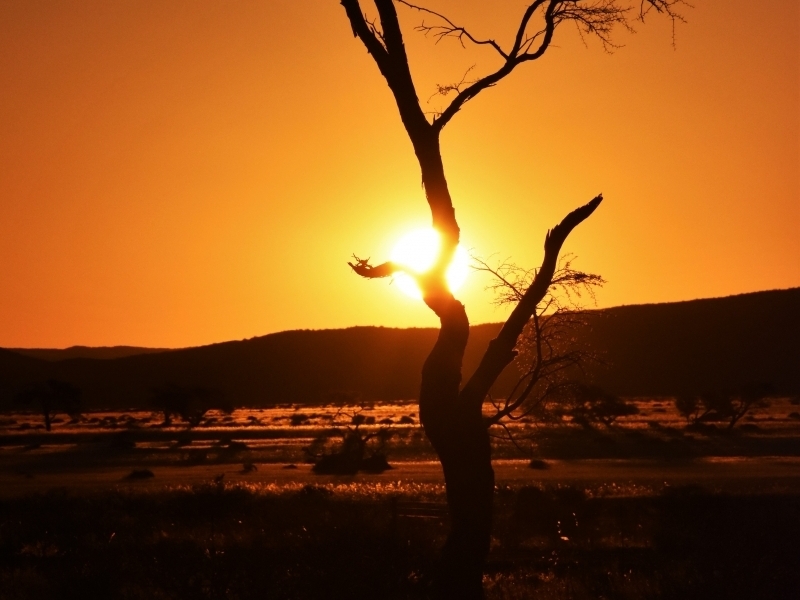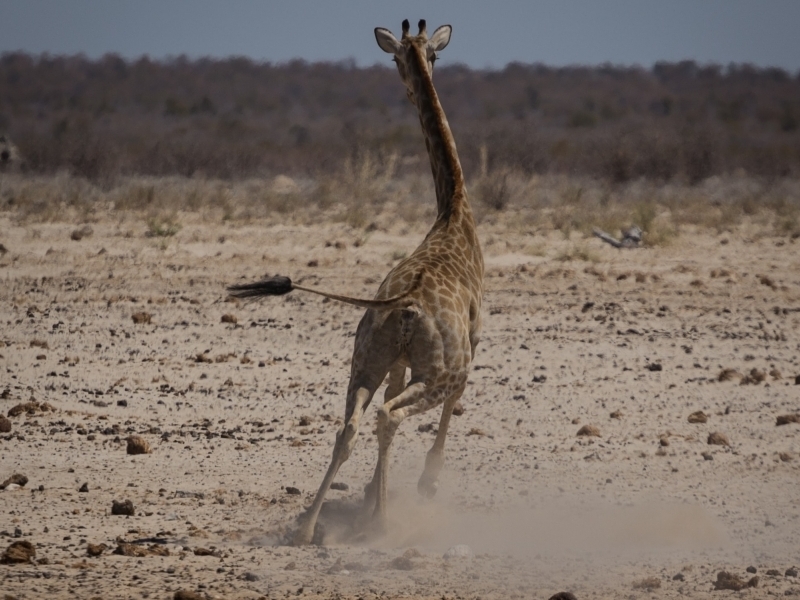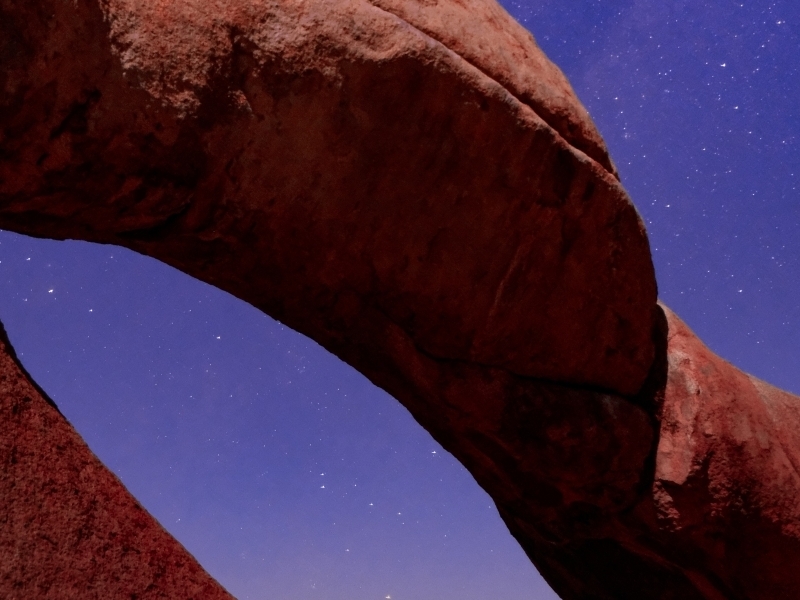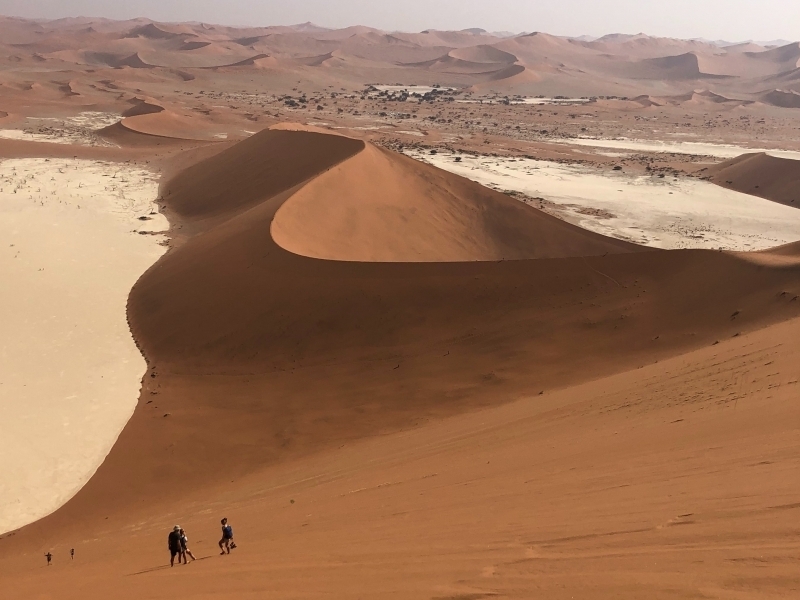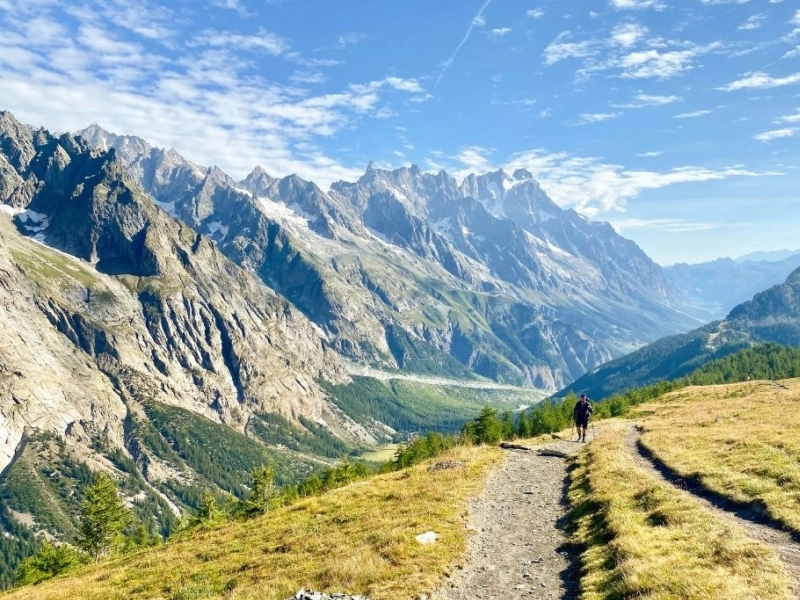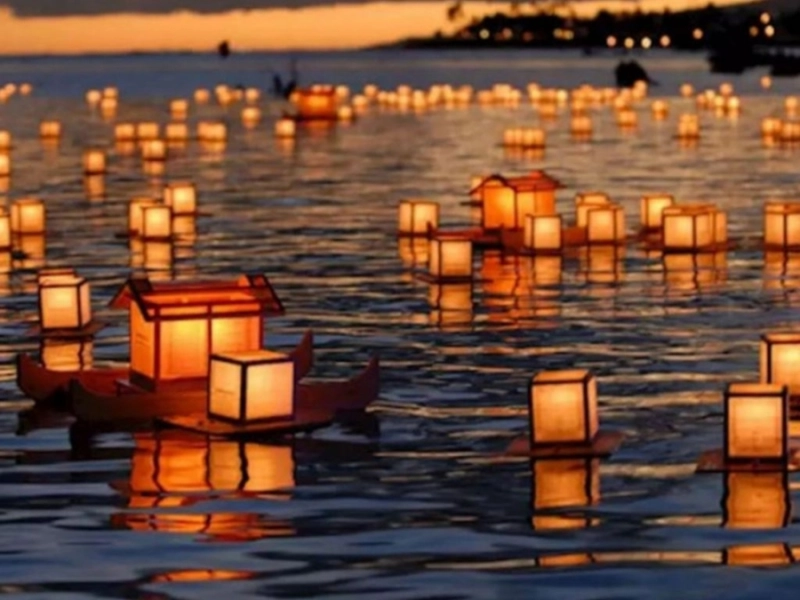News and Testimonials
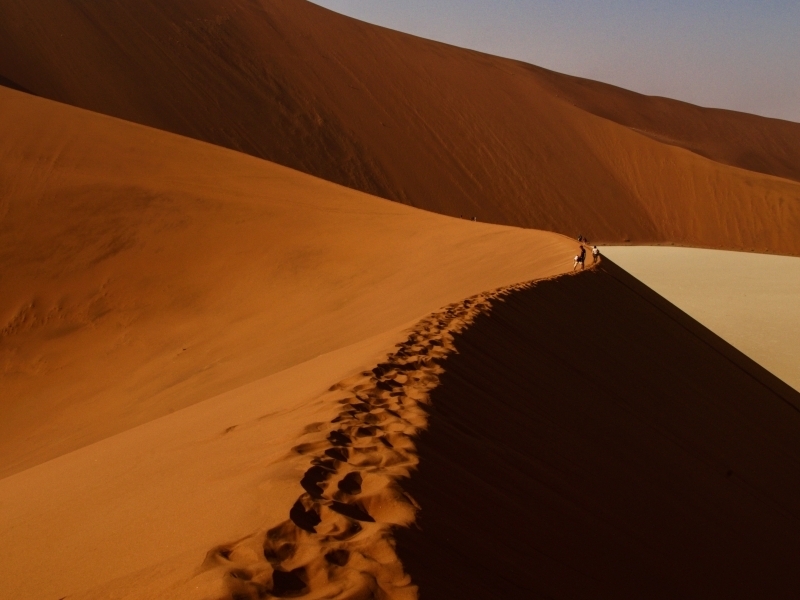
5 great Namibia road trips: exploring desert, coast and wetlands on four wheels
See Namibia's dunes as early in the day as possible to appreciate the changing light of sunrise on the sand
Load up the truck, get the roof tent ready and set off to explore Namibia’s desert, dunes, coastline and hippo-filled rivers. With varied terrain and excellent weather year-round, Namibia is a wonderful destination for adventurous road trippers.
Namibia’s desert-scapes are barren-looking yet teeming with life. Microscopic lichen fed by ocean fog thrive, and the singular conditions have allowed amazing species to develop, including desert-adapted elephants and lions and the gnarled Welwitschia mirabilis, a plant with two leaves that can live for hundreds of years. Here are the best road trips to take in Namibia.
Driving toward desert vistas and dunes
Best road trip for stargazing
Windhoek–Sossusvlei; 395km (245 miles); allow four days
If you have time for only one short road trip, this route from the capital to Sossusvlei is ideal. Once out of Windhoek, the pavement soon disappears as you head southwest, past the occasional padstal (farm stall) and guest farm – sometimes with homemade biltong, bread and even homemade gin – before cresting the 1700m-plus (5577ft) Spreetshoogte Pass. Enjoy the magnificent views of the plains below from the top of the pass.
After a steep and winding descent, the next highlight is Solitaire. This junction (calling it a village would be an exaggeration) is ideally situated as a springboard for nearby Namib-Naukluft National Park, as well as Swakopmund on the coast. But don’t rush away too soon: enjoy fat-biking, sublime views toward the Naukluft Mountains on the horizon, tasty apple crumble and the pitch-black night with countless stars.
From Solitaire, head south to Sesriem and the shady Sesriem Canyon, plus an array of nearby lodges. Set off the next day before dawn toward Sossusvlei, a wide and occasionally water-covered pan surrounded by ochre dunes. Nearby is the even more stunning Deadvlei, an ancient, white-clay pan studded with skeletons of centuries-old camel thorn trees and rimmed by the towering Big Daddy dune. The views from the top of the dune are unbeatable. Arrive as early in the day as possible to avoid scorching midday temperatures, and to appreciate the changing light of sunrise on the sand.
Exploring Etosha National Park, Damaraland and the Skeleton Coast
Best road trip for scenery
Etosha National Park–Terrace Bay; 500km (310 miles); allow nine days
Dust off the roof tents, stock up on provisions and get your binoculars ready – this route from Etosha National Park through Damaraland to the Skeleton Coast takes in some of Namibia’s best wildlife and most unique landscapes.
Etosha’s southern Andersson Gate is the most convenient access point from Windhoek. Rhinos are frequently spotted at the nearby Okaukuejo water hole, and there are impressive views over the shimmering, desolate expanses of Etosha Pan.
Heading southwest via Khorixas brings you to the stunning rock formations of Damaraland. Watch for Welwitschia plants, which are unique to Namibia, along the roadside and try to spot the area’s elusive desert-adapted elephants against the backdrop of Damaraland’s stunning rock formations. Don’t miss the Twyfelfontein rock engravings in the heart of Damaraland. Other highlights include the petrified forest outside Khorixas and Brandberg (Burnt Mountain).
Farther west at Springbokwasser Gate, look for the skull-and-crossbones sign marking the entrance to Skeleton Coast National Park – an absolute highlight, with the rough Atlantic waves on one side and stark desertscapes on the other. Jackals and hyenas are commonly spotted. Less common are desert-adapted lions and the bleached whale and seal bones from which the park originally took its name.
The farther north you go, the better the scenery gets, but a pre-arranged permit is required to venture beyond the windswept fishing outpost of Terrace Bay into the remote expanses opening on to the Kunene River delta. Alternatively, drive south and exit the park’s Ugab River Gate toward Cape Cross and Swakopmund.
Discovering northeastern Namibia’s waterways
Best road trip for wildlife-watching
Rundu–Katima Mulilo; 520km (323 miles); allow five days
Northeastern Namibia’s Zambezi (Caprivi) region, with its wetlands fed by the Okavango, Chobe and Zambezi rivers, is a complete contrast to the rest of the country. Starting in the busy regional center of Rundu, head east, branching off the arrow-straight main road to explore. Highlights include lovely riverside lodges and campsites, river cruises along the Okavango and sublime sunsets over the inland marshes and waterways. Elephants, hippos and crocodiles are regularly spotted on river cruises.
Carrying on to the Zambia border, don’t miss a night or two in one of the lodges or camps on the Zambezi River, outside of Katima Mulilo, to soak up the peacefulness and stillness of this region. Katima Mulilo also is a perfect jumping-off point if you want to extend your road trip into Botswana’s Chobe National Park or on to Victoria Falls.
Adventure on the Central Atlantic Coast
Best road trip for families
Swakopmund–Cape Cross; 130km (80 miles); allow one day
Swakopmund is Namibia’s adventure capital, and with nearby quad biking, dune boarding, surfing, sky diving and kayak tours, it's a favorite with families and thrill-seekers. The town offers a relaxed vibe and a good selection of eateries and German-style bakeries. Just inland is the otherworldly moon landscape.
From Swakopmund, it's an easy drive along the coast north to Henties Bay, a good lunch stop. About 15km (9 miles) south of Henties Bay, check out the wave-pounded wreck of the MFV Zeila, with Cape cormorants and other sea birds roosting on its splintered rigging.
North of Henties Bay is Cape Cross and the Cape Cross seal colony, and the experience of being surrounded by more than 100,000 barking, grunting Cape fur seals basking on the rocks and frolicking in the waves is not to be missed. You’ll smell and hear the seals before spotting them.
Tackling southern Namibia and Fish River Canyon
Best active road trip
Windhoek–Noordoewer; 1260km (783 miles); allow two weeks
Southern Namibia is a world of its own, and it’s easily worth several weeks exploring. The area around Aus, about 560km (348 miles) south of Windhoek, is excellent for hiking and mountain biking. After stretching your legs, head 125km (78 miles) further west to the seaside enclave of Lüderitz, with its penguin colonies and time-warped German-style architecture, and nearby Kolmanskop, a deserted mining town almost completely overtaken by the encroaching sands.
Explore to your heart’s content, then hop in the car for another 500km (310 miles) to the 160km-long (99-mile) Fish River Canyon, which cuts a gorge up to 550m (1805ft) deep through the arid landscape and is part of |Ai-|Ais/Richtersveld Transfrontier Park. Check it out first from above at Hobas or one of the other viewpoints, and then explore its depths on a multi-day hike (winter months only). Finish off with a canoe trip and camping under the stars, based out of the border town of Noordoewer, about 160km (100 miles) south on the northern banks of the Orange River.
Tips for driving in Namibia
Renting a vehicle (either self-drive or with a driver/guide) is the only way to reach many parts of the country. Vehicle rental is straightforward and reasonably priced, and roads are generally well-maintained.
Apart from the major north-south and east-west paved arteries, most of Namibia’s roads are unpaved. Gravel roads are generally in good condition, but be aware of steep verges, dongas (gullies), loose rocks, slippery braking conditions, dust, and oryx and other wildlife wandering onto the road.
Most roads are sparsely traveled. In many areas, it’s easy to drive for hours without passing other vehicles. Road trippers will find gas stations in all population centers, but generally nothing at all in between.
Rental vehicles commonly come fully equipped with an array of equipment useful for driving in such remote terrain, including tire inflators, shovels, rooftop tents and sometimes satellite phones, but confirm this in advance. Getting 4WD is recommended, as is carrying extra jugs of water.

